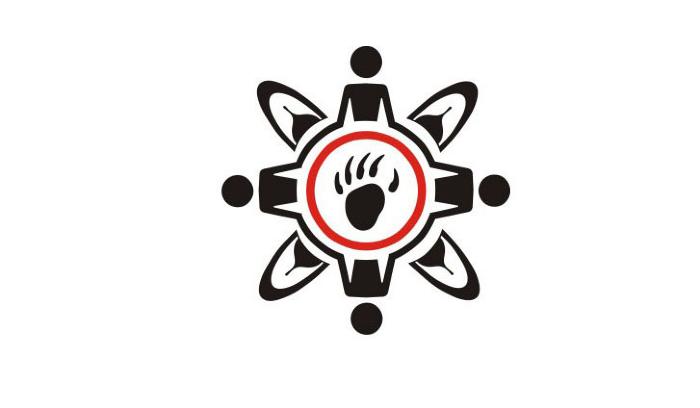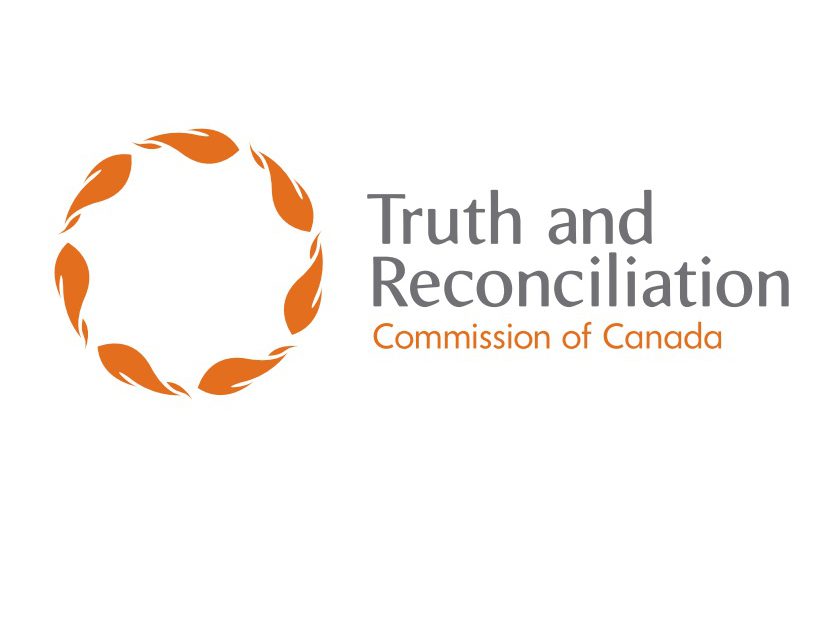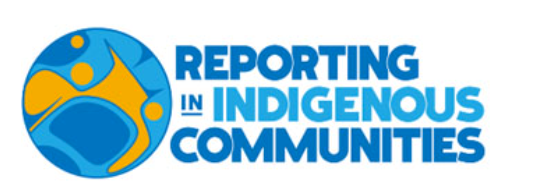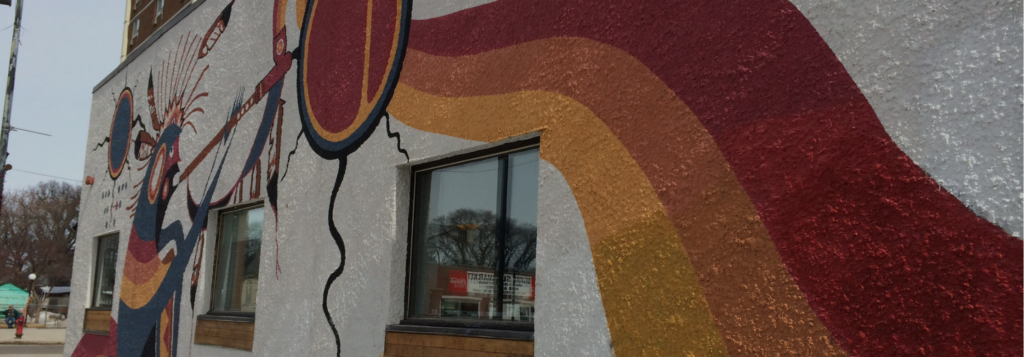
Ontario’s Commitment to Reconciliation with Indigenous Peoples
Ontario plans to take action to start a process of reconciliation with Indigenous Peoples by practicing the following:
- Educating Canadians on the legacy of Indian Residential Schools.
- Removing social and economic barriers experienced by Indigenous communities after years of systemic racism and discrimination.
- Creating a culturally relevant and responsive justice system.
- Supporting Indigenous culture and languages, which was targeted by the residential school system.
- Reconciling relationships with Indigenous peoples by rebuilding these relationships with trust, understanding and respect.
To learn more about Ontario’s commitment to reconciliation read the TRC report published in 2015.

Royal Commission on Aboriginal Peoples
The Commission was established in 1991 after the Oka Crisis. The report, published in 1996 after extensive research and community consultation, looked at the relationships between Aboriginal and non-Aboriginal peoples. The main conclusion of the Report was the requirement to restructure the relationships. It’s an impressive document in scope but most of the recommendations were never fully implemented.
Click the link in the title to read the Summary of the Final Report of the Royal Commission on Aboriginal Peoples.

Truth and Reconciliation Commission of Canada
The TRC is a part of the 2006 Indian Residential Schools Settlement Agreement. Its mandate is to inform Canadians about what happened in Indian Residential Schools. The Commission documented the truth of survivors, families, communities and anyone personally affected by the lasting impacts of Indian Residential Schools. The TRC is helping guide the reconciliation process and a renewed relationship between the Canadian government and Indigenous peoples in Canada.
- Read the Truth and Reconciliation Commissions Ninety-four calls to action.
- A series of videos by volunteers reading the final report of the Truth and Reconciliation Commission.

Reporting in Indigenous Communities
Reporting in Indigenous Communities website created by CBC Radio host and award-winning journalist Duncan McCue, has an extensive list of resources for journalism students borrowed from the Dibaajimo Indigenous reporters portal.

Ground Work for Change
A research site to assist non-Indigenous people in learning the basics with a focused Indigenous perspective (colonial history, terminology, Indian Act, Royal Proclamation, 1763, The Constitution, Charter of Rights and Freedoms, etc.) and issues (residential schools, sixties scoop, Aboriginal title, land and water rights, cultural appropriation, etc.)
The site’s goal is to provide information about the following topics and concepts:
- treaties, residential schools, land & water rights
- colonialism, racism, privilege, allies and more
- how non-Indigenous peoples can build relationships with Indigenous peoples
- how to build the capacity of non-Indigenous peoples to act in solidarity with Indigenous peoples.

CBC 8th Fire
Great video podcasts hosted by Wab Kinew that includes guest perspectives such as reporter Connie Walker’s Aboriginal 101 primer from the streets of Ottawa, playwright/author Drew Hayden Taylor’s “The Relationship in 3 Minutes”, Winnipeg filmmaker, and Janelle Wookey’s definition of a Métis.

Indian Act
- The Assembly of First Nations and other leaders and Academics have described the Indian Act as a form of apartheid law. Assembly of First Nations, “The Story,”
- Watch the video of Russell Diabo on the Indian Act and how the policy affects the Indigenous peoples within Canada. Diabo also brakes down some of the specific sections and definitions within the Indian Act.
- 21 Things You may not have known about the Indian Act – blog by Bob Joseph
- Research paper for the National Centre for First Nations Governance – 2008. Seven Generations, Seven Teachings: Ending the Indian Act, by Prof. John Borrows, Chippewas of the Nawash, Anishinabek Nation, Law Foundation Chair in Aboriginal Justice and Governance, Faculty of Law, University of Victoria.

Saagajiwe Indigenous Knowledge Open Source Encyclopedia (SIKOSE)
The team at Saagajiwe developed SIKOSE as an open-source, user-friendly and accessible resource to access Indigenous knowledge. SIKOSE operationalizes the National Truth and Reconciliation Commission’s call to action for post-secondary institutions to assist in the recovery of Indigenous Knowledge, language, culture and heritage. The resource covers topics ranging from the medicine wheel to Indigenous architecture to treaties and territories to music. This is a resource that can help journalists with research prior to entering Indigenous communities as a reporter.

Empowerment Journalism Guide:
The Global Reporting Centre (GRC) created this resource to provide journalists, writers and storytellers with knowledge and advice on the best practices for producing community engaged reporting. Or in other words, empowerment journalism, a term coined by the GRC in 2016. Oftentimes, journalists have extracted stories from BIPOC communities, leading to coverage that misrepresents the involved communities. This guide aims to teach an approach to journalism that is based in co-creation, mutual respect and partnership.
More Resources to Learn about Indigenous Communities in Canada
- Official website of Aboriginal Affairs and Northern Development (AANDC) that gives a cultural overview.
- Terminology for journalists from the Strategic Alliance of Broadcasters for Aboriginal Reflection (SABAR) that includes information on identity and citizenship, culture and traditions, governance, and rights, policy & politics.
- Interactive Maps locating all First Nation reserves in Ontario.
- Profiles of First Nations communities nationally.
- Government acts and land claims such as current land claims in Ontario.
- Short explanation of the history of land claims in Canada with progress of claims divided by region.
- Protocols to acknowledge when interviewing or talking to elders in a community.
- A brief overview on the history of residential schools by CBC News.
- Indigenous Foundations at UBC provides students and teachers with resources to explore topics related to Aboriginal Peoples, cultures and histories.
- The Indian Act in plain language provides information on Canada’s Indian Act, which affects the crowns relationship and government over the Indigenous Peoples of Canada.
